|
If you're wondering what the Dignity for Girls programme is about, and why it's important to focus on menstrual health, and also how working with faith groups can scale up your impact, this short video explains it all. Uganda's national lockdown due to the coronavirus pandemic meant that Greening Friday – an annual day for Muslims to celebrate the environment, held on the last Friday of Ramadan every year – had to be a little different this year.
The photo below says it all. The image on the right is Greening Friday in 2019, the one on the left, was this year. Organiser Hajjat Sebyala Aphwa went to the National Mosque to commemorate Greening Friday. But like all of us, she's greatly looking forward to Greening Friday 2021! 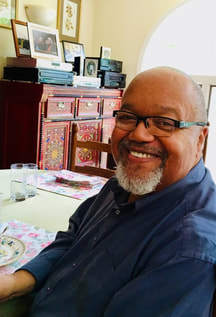 With great sadness, we announce the sudden death of our Chair of Trustees James C Morant, who has led Faith in Water since we launched in 2015. James was a passionate supporter of Faith in Water and strongly believed in our work. We will greatly miss his wisdom, experience, guidance and humour. James had a long and successful career as a US federal employee, most recently in the US Environmental Protection Agency, where he worked on global health and environmental policy and represented US interests in major multilateral organisations such as the Organization for Economic Cooperation and Development (OECD) and United Nations Environment Program (UNEP). In later life, he developed a second career as a singer and performer after his magnificent voice was discovered. As well as being a core member of the choir at the New Psalmist Baptist Church in Baltimore, USA, James performed all over the world, from Parisian jazz clubs to Windsor Castle. In person James was unfailingly courteous and considerate but discovering social media in 2011 gave him an outlet for his passionately held opinions. As a former colleague observed: 'That mild exterior, beautiful manners and courtly demeanour, I learned over the years, frames a mind and soul of burning intensity and unwavering integrity.' He became famous for his Facebook 'rants', often written with pithy, sometimes angry humour, and this led to the publication of his book: Social Media and Me: A Fossil's Tale in 2017. He was born in Baltimore, USA, where he lived with his wife Barbara. A service celebrating his life will be held at the New Psalmist Baptist Church in Baltimore on Saturday January 18. James always began Faith in Water Trustees' Meetings with the question: 'How will I know this meeting has ended?' It was his way of ensuring that we had a good meeting, that we shared openly and honestly and reached our objectives and that we ended satisfied we had done our best. James, we wish our 'meeting' with you had not ended so soon. We will miss you. Rest in peace. Christians and Muslims in Uganda are helping to break the silence on menstruation and remove stigma and shame through the first programme to work with faith communities in this way. Our Dignity for Girls programme has reached 31,844 people in Uganda with awareness raising on menstrual hygiene management (MHM) – more than four times our original target of 7,232 people. It is the first menstrual health programme to work with three major faith groups in Uganda: the Catholic Church, Church of Uganda and Uganda Muslim Supreme Council. The aim is to keep more girls in education by helping them manage their periods with confidence and dignity. The Dignity for Girls programme has provided 1,788 girls in 24 Anglican, Catholic and Muslim primary schools with education on puberty and menstruation plus packs of reusable sanitary pads, knickers and soap. In total, more than 31,844 people have been reached through awareness raising activities and menstrual hygiene management (MHM) training, including 872 parents, 350 faith leaders and faith education chiefs and 287 teachers. Asima Evers, 14, who is in Primary Six at Kitoba Primary School in Hoima District in Western Uganda, told us: 'I learned how a girl can manage her menstruation. And they told us that menstruation is not a disease but is normal and natural for everyone. I feel good! At this time I feel so good!' Evaluation showed that:
Studies indicate that half of women and girls in many developing countries are forced to use rags, leaves or paper to manage their periods. Difficulty managing periods is now recognised as a major reason why girls miss school or even drop out altogether. Girls who drop out of school early are at high risk of teenage pregnancy and child marriage and a very poor future. In Uganda, 23% of girls aged 15-19 have already started bearing children. Faith groups are the biggest sector of civil society with 85% of Ugandans describing themselves as Christian and 14% as Muslim. They run half of schools in Uganda so persuading them to take menstrual health seriously has the potential to benefit millions of Ugandan girls. As well as awareness raising and training, Dignity for Girls has also improved school latrines, built hand washing facilities and girls' changing rooms and installed rainwater harvesting tanks. Studies show that the very poor condition of many school toilets and lack of water for washing are a major deterrent to menstruating girls. It is teaching the girls – and sometimes the boys too – how to make reusable sanitary pads. When asked why he wanted to take part, Ssekyanzi Yunus, 13, in Primary 6 at Kasana UMEA Primary School, says: 'I need to know about these things because one day I will be a father.' At the headquarters’ level, the three faiths have been considering how to make their schools more girl-friendly. The Church of Uganda has just approved an MHM policy for all its schools, and the Uganda Muslim Supreme Council has produced a draft policy – the first time either faith group has considered MHM before. The Muslim community has introduced a day in the annual Muslim calendar to promote good MHM and celebrate women and girls. Dignity Day will be held every last Friday in June. It was launched in the National Mosque by His Eminence the Mufti of Uganda in front of 4,000 men and 600 women. His speech was broadcast across Uganda. Dignity Day organiser Hajjat Sebyala Aphwa says: ‘I cannot tell you how amazing it was to hear the Mufti talk about this subject in the mosque – before, this was a no-go area and you would never talk about it in the mosque.’ And a Catholic bishop has been touring Jinja Diocese with a pack of sanitary pads, asking his congregations: ‘Do you know what this is? Do you realise that you are supposed to provide these for your daughters?' These are just some of the extraordinary impacts that we've achieved by working with faith groups to raise awareness of girls' menstrual health. Around 5,500 people gathered at Uganda's National Mosque to celebrate the second Dignity Day on June 28, 2019. It was a happy and joyful occasion, with music, singing, dancing and poetry, as well as more serious speeches about the need to help girls and women manage their menstruation with confidence and dignity. His Eminence the Mufti Sheik Shaban Ramadhan Mubajje presided over the celebrations, which began with Friday prayers in the mosque, where the sermon (broadcast across Uganda on Muslim radio) was preached on the importance of good menstrual health and parents' responsibilities for supporting their daughters during their periods. The celebrations ended with a meal served to 466 people. Afterwards, 94.17% of those questioned said they had a more positive attitude about menstruation, and 90.51% said they felt more comfortable talking about it, while 93% said faith groups should discuss menstrual health more to end stigma and shame. 'There is a serious relationship between MHM [menstrual hygiene management] and education and that's why we are here. The Uganda Muslim Supreme Council is interested in ensuring we have proper MHM in a bid to ensure we improve education. This is a noble cause.' – Sheikhat Radhiyah Namakula, Secretary for Women and Youth, UMSC You can watch a short video below from Salaam TV, which broadcast Dignity Day live, of extracts from the speech by Susie Weldon of Faith in Water, followed by comments by His Eminence The Mufti. We held a very lively and exciting 'Lessons learned' conference for our Dignity for Girls programme in Kampala, attended by more than 100 Anglican, Catholic and Muslim faith leaders, education chiefs and head teachers from across Uganda.
The overwhelming consensus was that D4G had been extremely successful in engaging faith communities on the issues faced by girls in managing their periods with confidence and dignity. The conference heard that the D4G programme had:
*** Since the conference, more information has come in – we've reached an amazing 31,844 people and trained 1,788 girls on menstrual health by establishing 24 schools as centres of excellence! Faith in Water and our partner Alliance of Religions and Conservation is looking for a consultant to carry out a final project evaluation on our Dignity for Girls menstrual hygiene management project in Uganda to identify the key achievements and the lessons that can be learned from the programme.
The £245,000 project works at a strategic national level and a district level with three faith groups – the Church of Uganda, the Catholic Church of Uganda and the Uganda Muslim Supreme Council, which are all major providers of education in Uganda. It aims to promote menstrual health, tackle harmful ideas and build a more supportive environment for girls and women in Uganda. Key outputs Applicants are invited to submit applications to conduct a final evaluation and final evaluation report (30 pages) to assess and demonstrate the extent to which the project has improved girls’ experience of menstruation in targeted schools and contributed to building a more supportive environment for girls and women in Uganda. The successful candidate/s will divide their focus between Kampala and rural parts of Uganda (engaging with D4G project implementing partners) and the UK (engaging with head office staff from ARC/Faith in Water). Timeline and budget The final version of the evaluation report needs to be completed by 14 July 2019. As part of the evaluation, the evaluator is requested to attend a lessons-learned project conference in Kampala that is scheduled for Wednesday 12 June 2019. ARC will enter into a fixed-fee-contract with the successful candidate, amounting to £5,000 for services rendered. Travel and accommodation to/within Uganda will be arranged and covered by FIW and local partners. How to apply: Please submit an application via email to [email protected] to include your CV and a covering letter of no more than three pages, outlining:
More information here. Application deadline: 27 May 2019 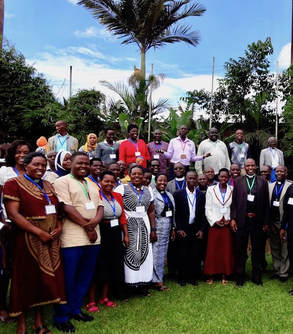 We are delighted to announce that our Dignity for Girls programme has been awarded a £245,000 grant from the UK's Department for International Development. This is a really significant boost for the programme which works with faith groups in Uganda to improve girls' education by helping them manage their periods better (you can read about why this is an important but, until recently, hidden issue below). It is also a major achievement given the intense competition for the UK Aid Direct funds. Although this is a Faith in Water programme, we were too small to qualify for the grant on our own. So we approached the Alliance of Religions and Conservation (ARC), our parent organisation from which Faith in Water developed. ARC agreed to be the grant holder for the project, with Faith in Water as the main implementing partner. Applying for the funding has been a gruelling process, beginning in January 2017 when we were one of more than 500 applicants to the second UK Aid Direct funding round. Just 122 were invited to submit a full application and, of these, fewer than 30% have been awarded a grant to work on projects targeting the world’s most marginalised and vulnerable populations. So we are absolutely delighted to be one of them (and are very grateful to ARC), not least because we believe our approach is very novel and will help improve the lives of thousands of Ugandan schoolgirls. We are targeting faith groups as major providers of education (they are involved in half of schools in Uganda) and as significant shapers of opinion to develop girl-friendly schools and remove the stigma and shame felt around menstruation. We've already begun the project – the photograph above is of a workshop last month for Church of Uganda diocesan education leaders from across Uganda – and the response so far from our faith partners (which also include the Catholic Church and Uganda Muslim Supreme Council) has been amazing. Follow us on this journey – we'll be posting regular updates! 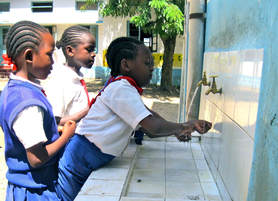 We were very struck by a comment we read recently by the Indian American businessman Manoj Bhargava: 'People with water-borne diseases occupy more than 50% of hospital beds across the world. Does the answer lie in building more hospitals? Really, what is needed is to give them clean water.’ How true! We read the quote on the website of Business Connect, which develops products and businesses to bring clean water and light to people living in developing countries. The Business Connect article provides an overview to the global health and sanitation crisis and has a number of other striking facts:
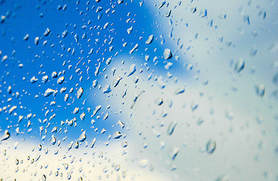 Photograph: Michael Johnson Photograph: Michael Johnson It is still quite a long way off from becoming widely available but one United States firm is using solar panels to harvest drinkable water directly from thin air. Cody Friesen, founder and chief executive of Zero Mass Water, says eventually this technology will be able to bring water to communities everywhere. Essentially Zero Mass panels “take sunlight and air and we produce water,” he says. He's been working on this technology for the last six years. It was first developed at Arizona State University, where Friesen was teaching engineering and materials science. In recent years Zero Mass’ water harvesting panels – called Source – have been installed in hurricane-stricken Puerto Rico, at schools and orphanages for refugees in Lebanon, and at high-end homes in California. At present, each panel costs $2000 and produces an average of two to five liters of water per day, Friesen said. So is this really a cost effective way to produce drinking water? It's certainly the most sustainable, insists Friesen: “Today it takes far less energy (effectively none, since it’s entirely solar powered) to create drinking water with Source than any other mechanism.” For more information, read this article in The Verge. Photograph by Michael Johnson. |
UpdatesRead the latest news of Faith in Water's activities as well as interesting stories on WASH around the world. Archives
March 2021
Categories
All
Main photograph above by IFPRI (International Food Policy Research Institute)
Faith in actionWe're naturally interested in stories of faith in action, particularly those that show the impact of working with faith groups. Our faith in action page has a collection of stories and links to explore further.
Prayer resourcesWe collect prayer and meditation resources on water and cleanliness for use by faith groups.
|
|
Registered Charity no: 1164290
Contact us
You can support Faith in Water's work by clicking the PayPal button above or by going to our Support us page. Thank you!
|
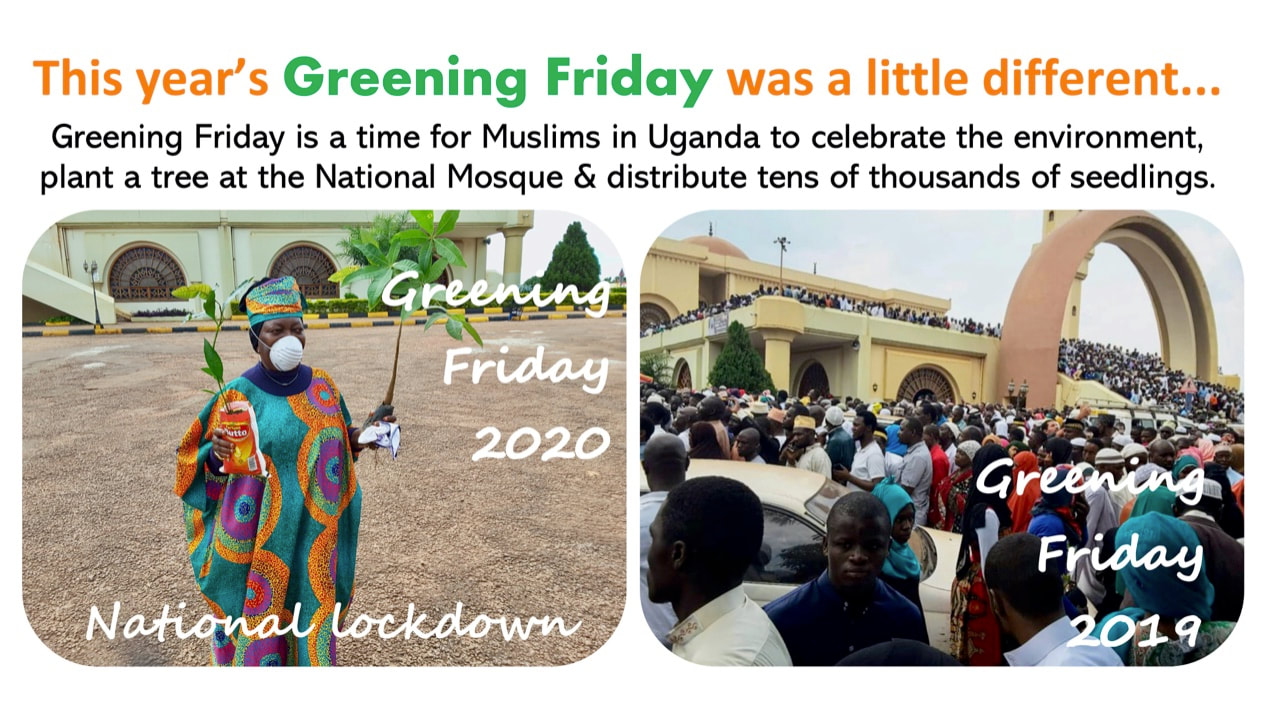
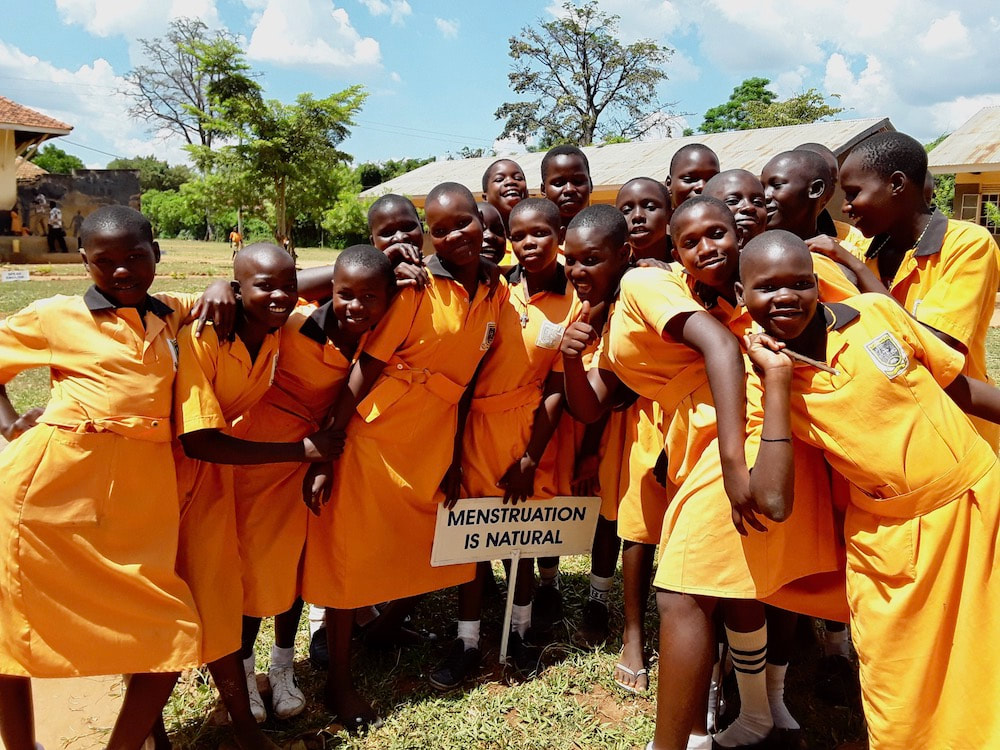
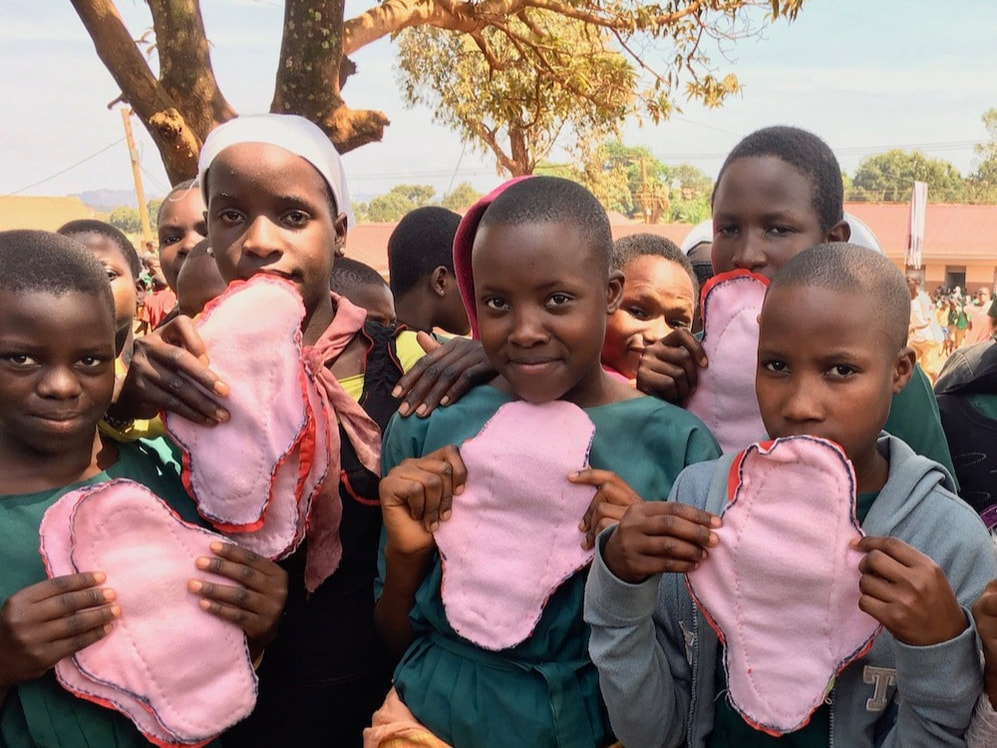
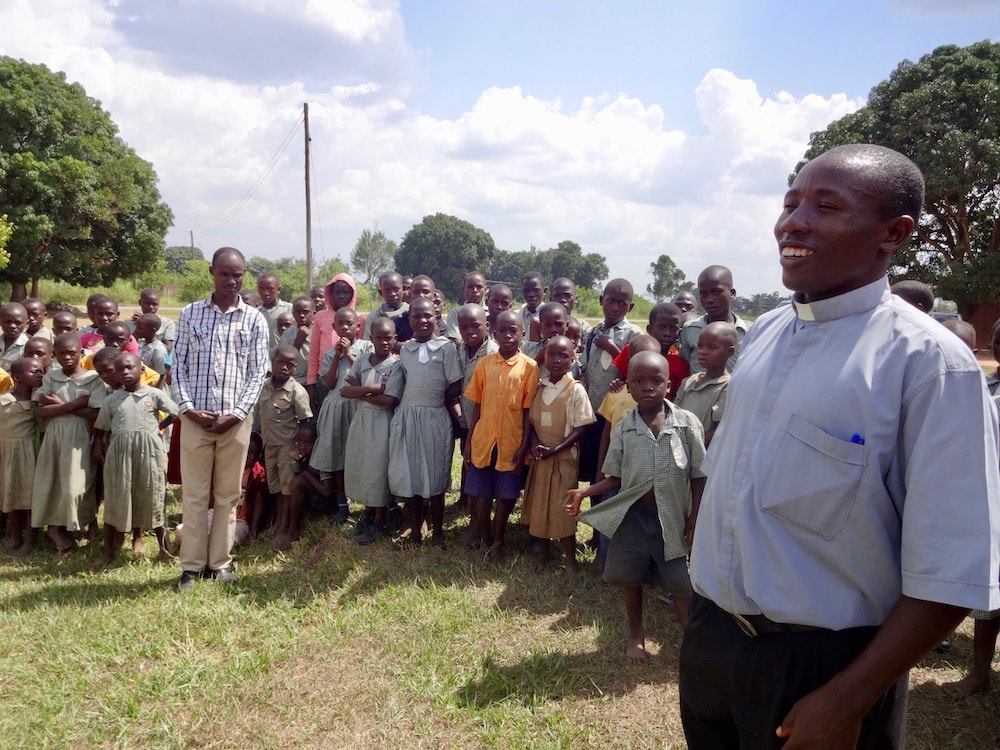
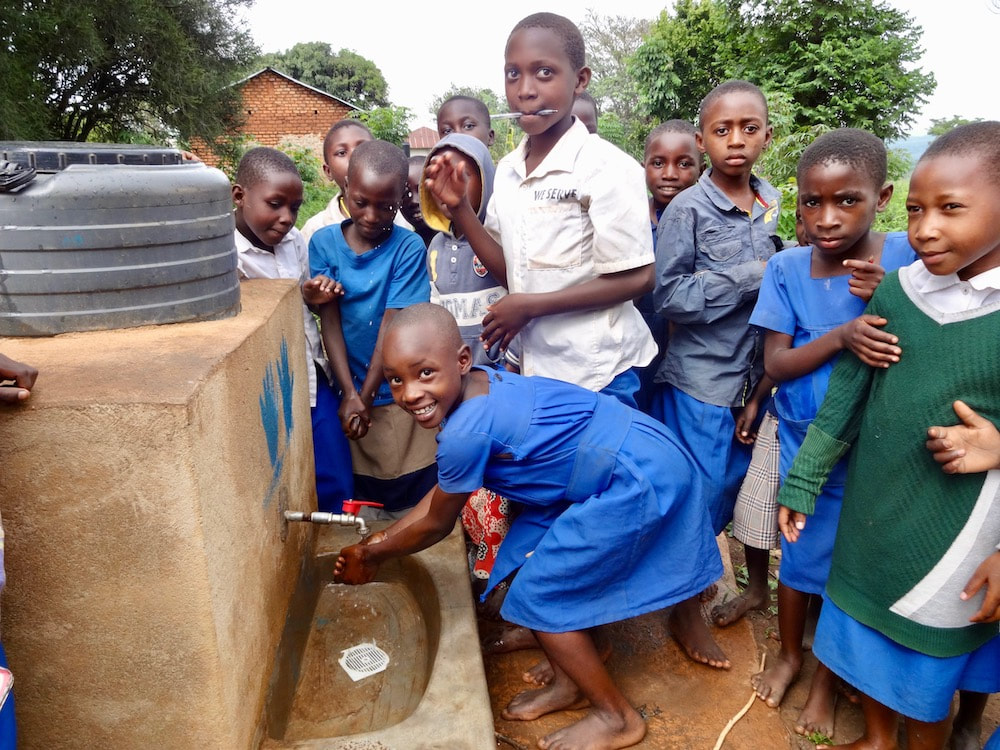
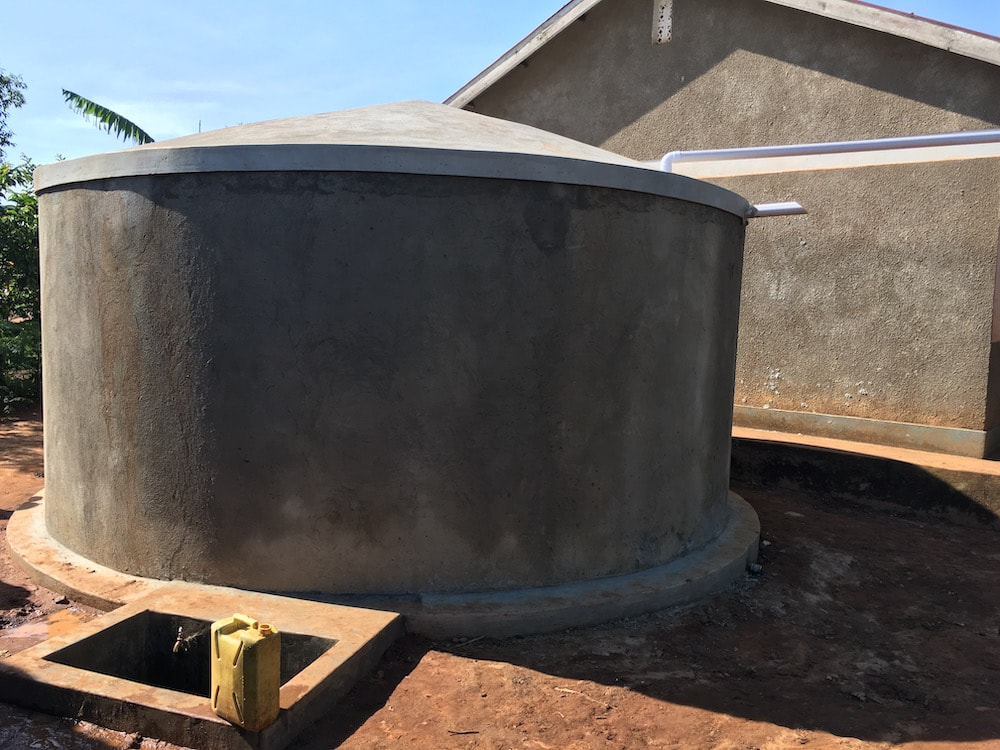
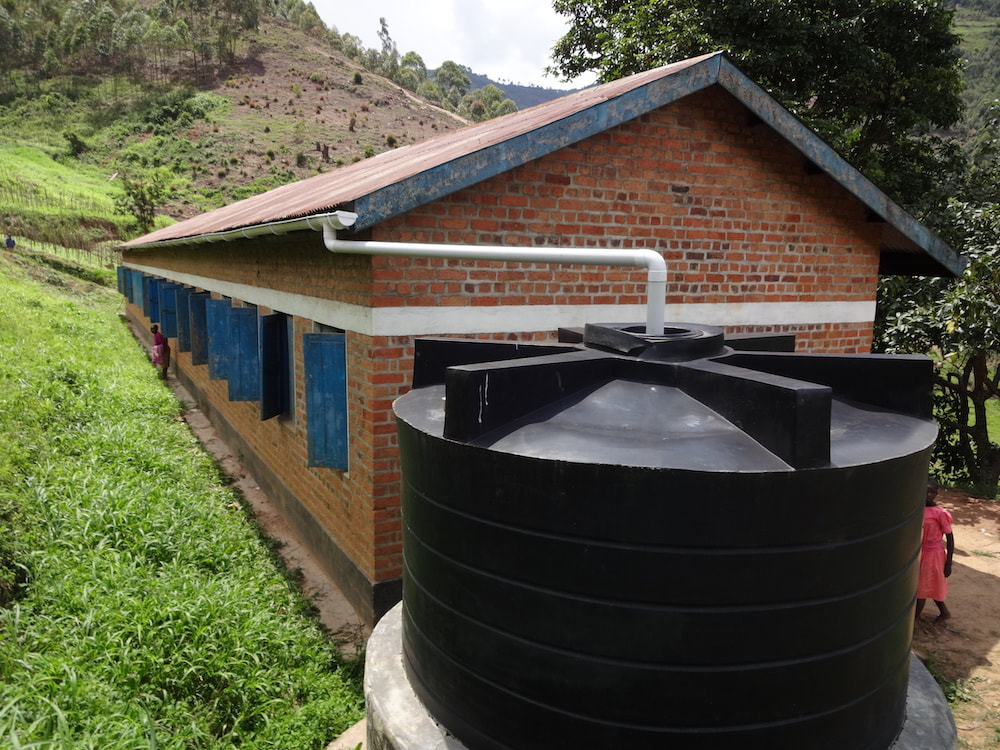
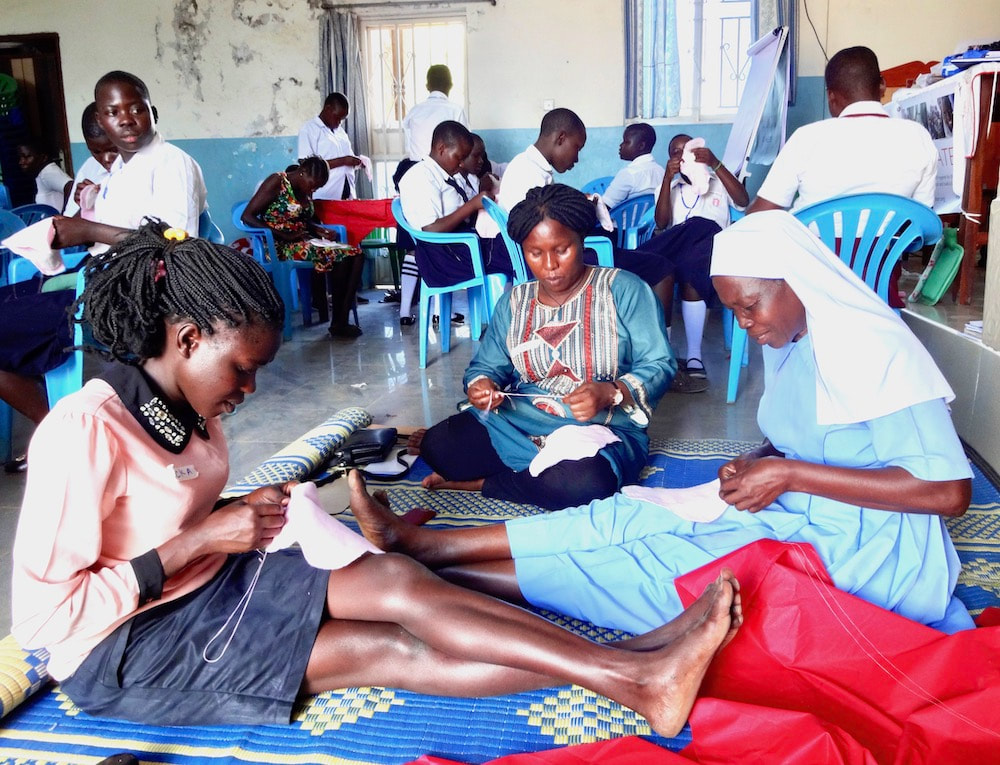
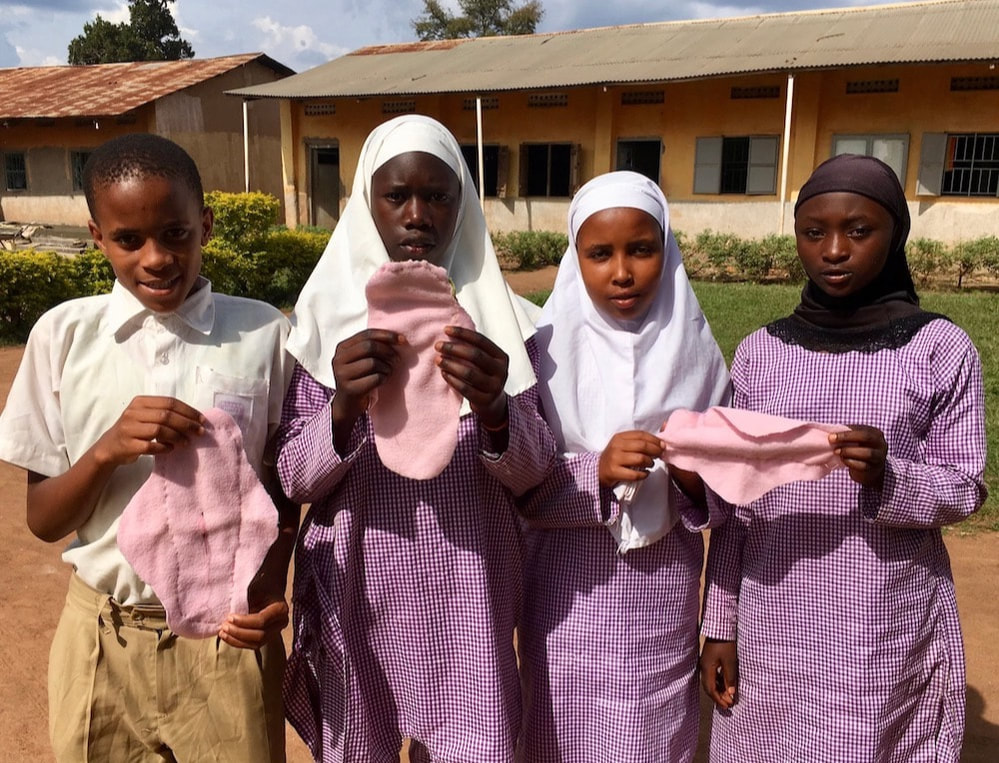
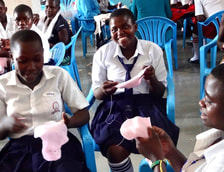
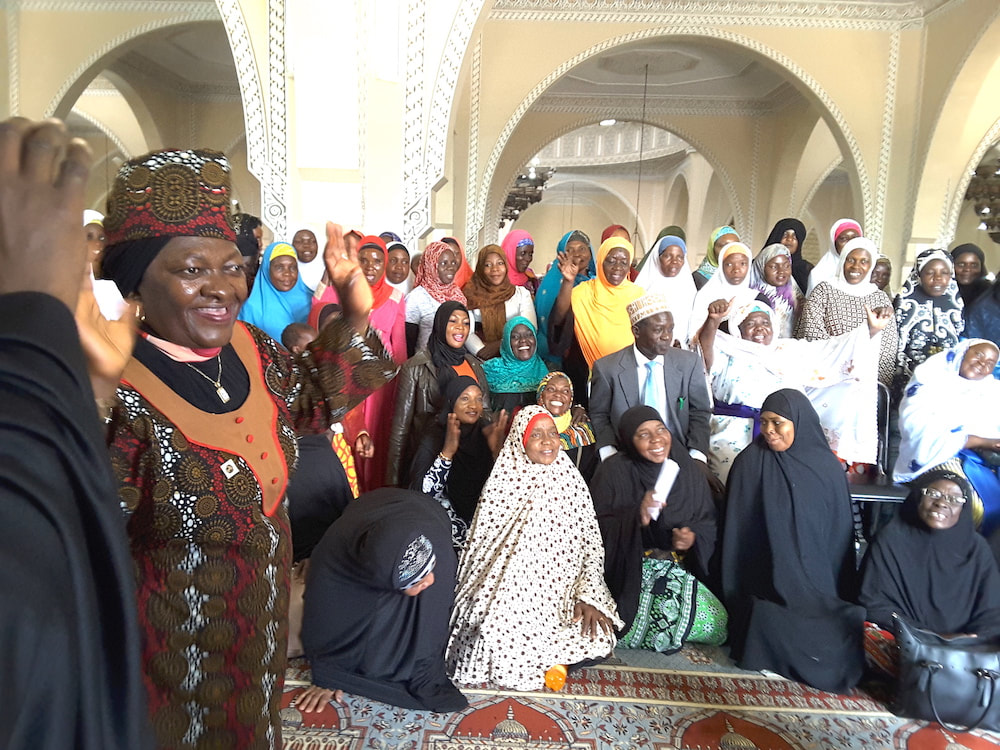
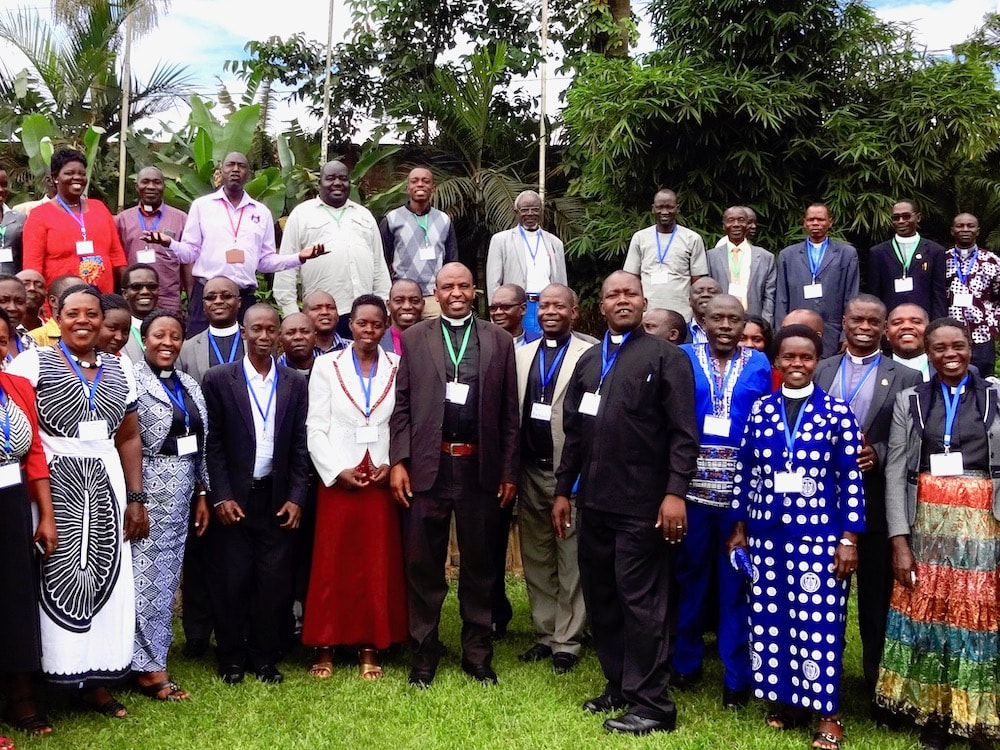
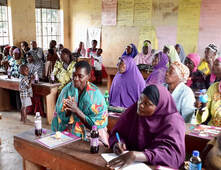
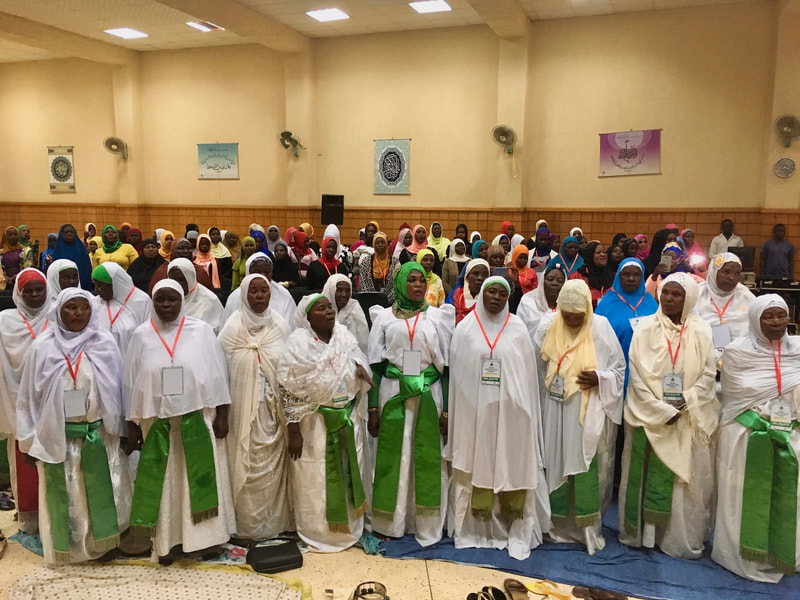
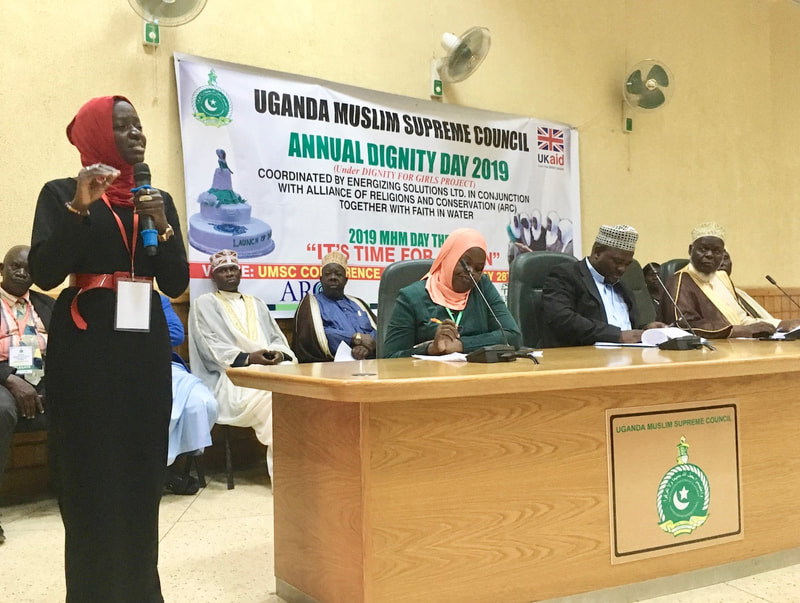
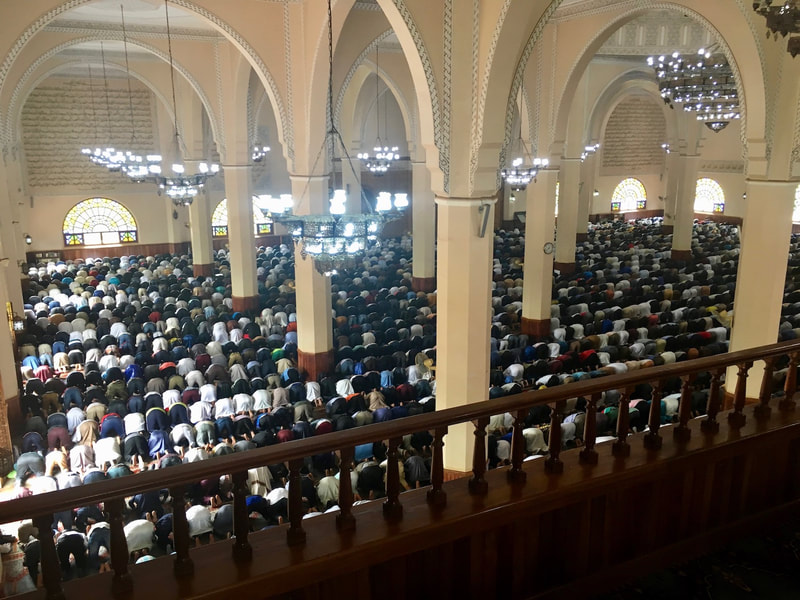
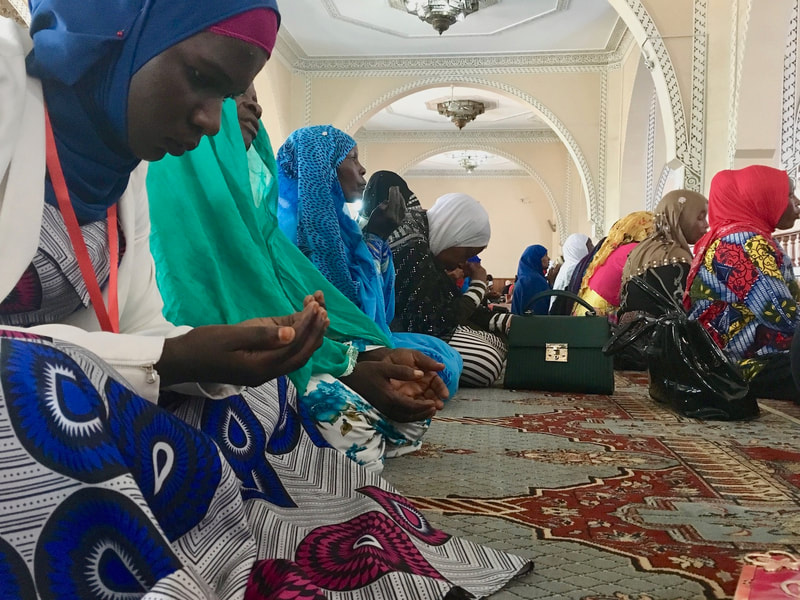
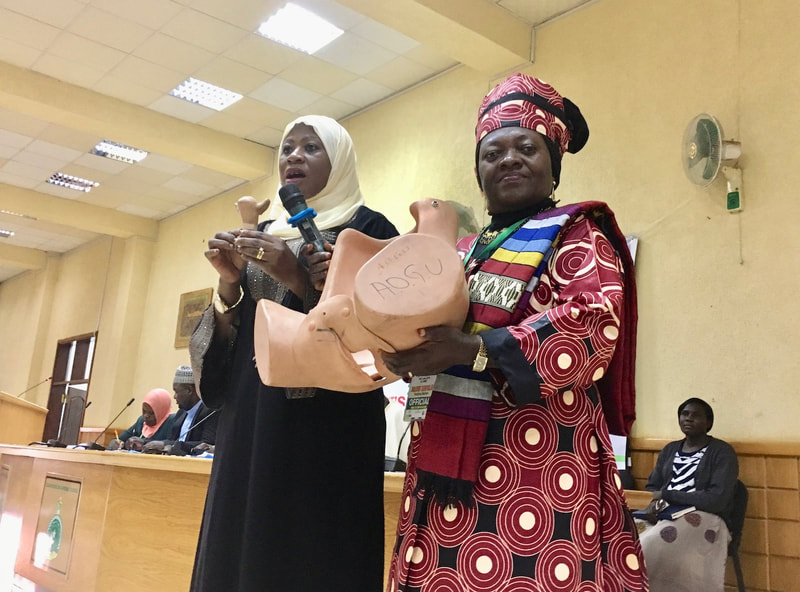
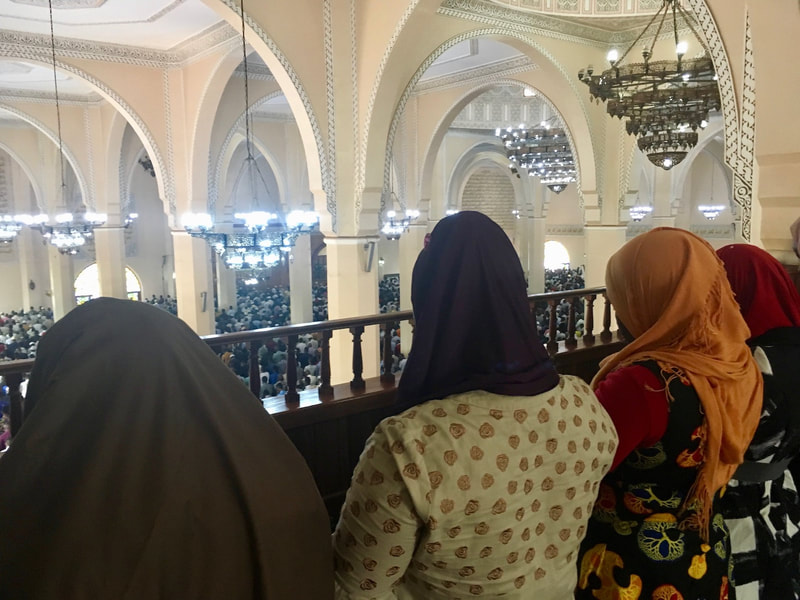
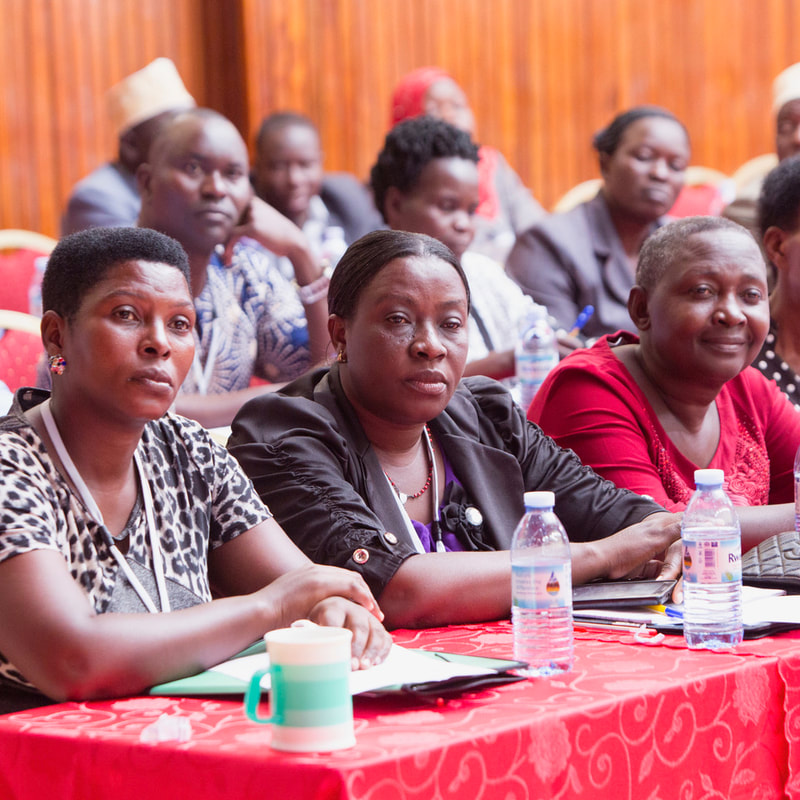
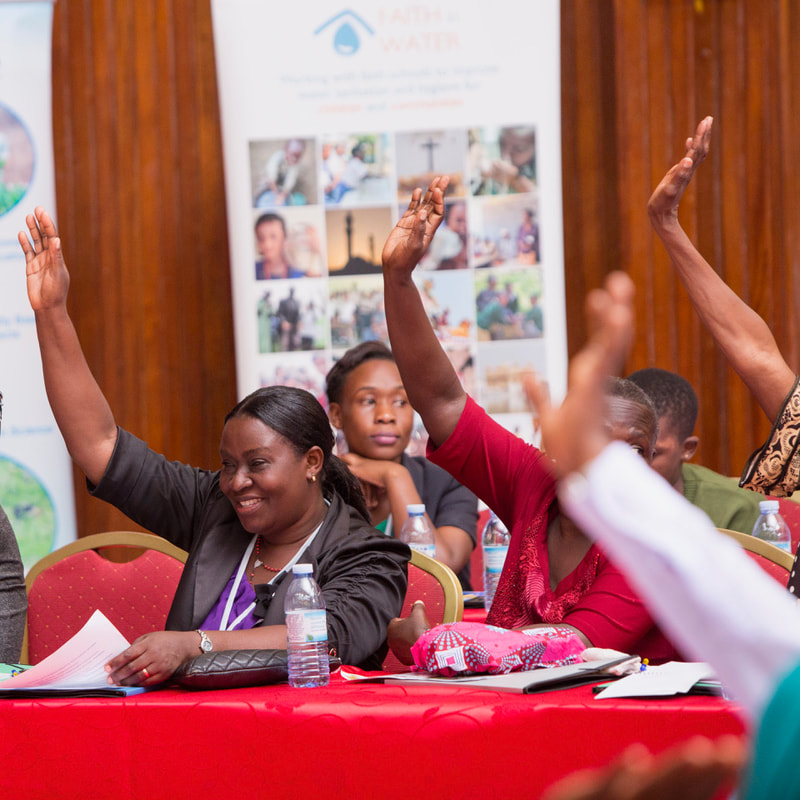
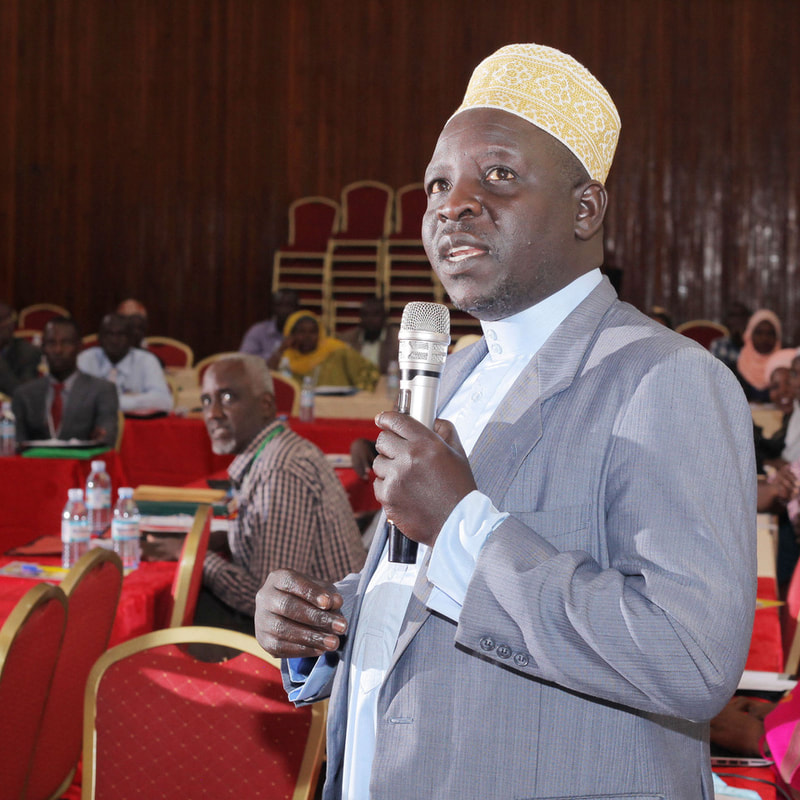
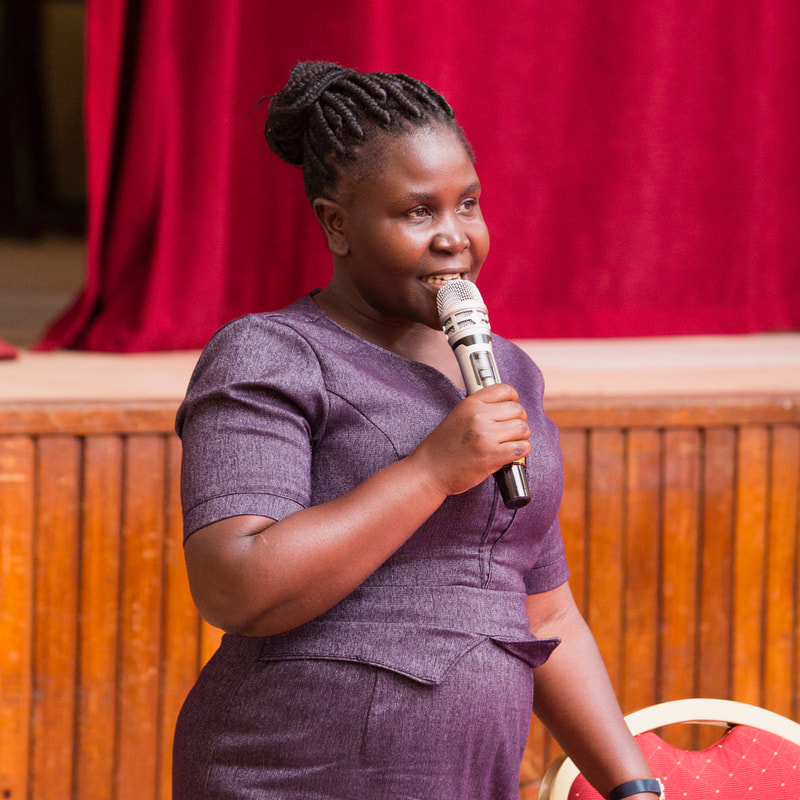
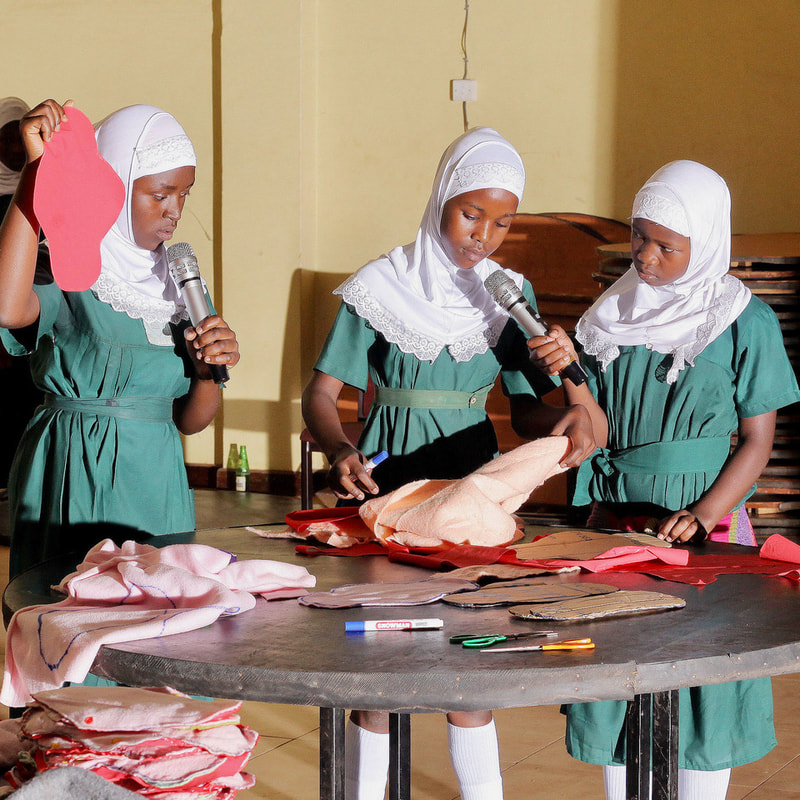
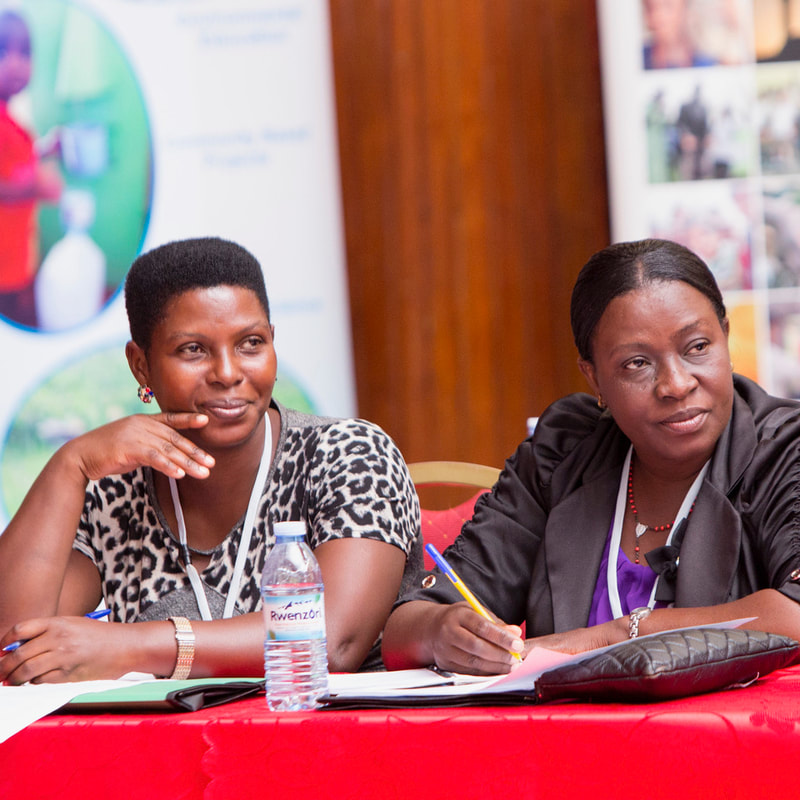
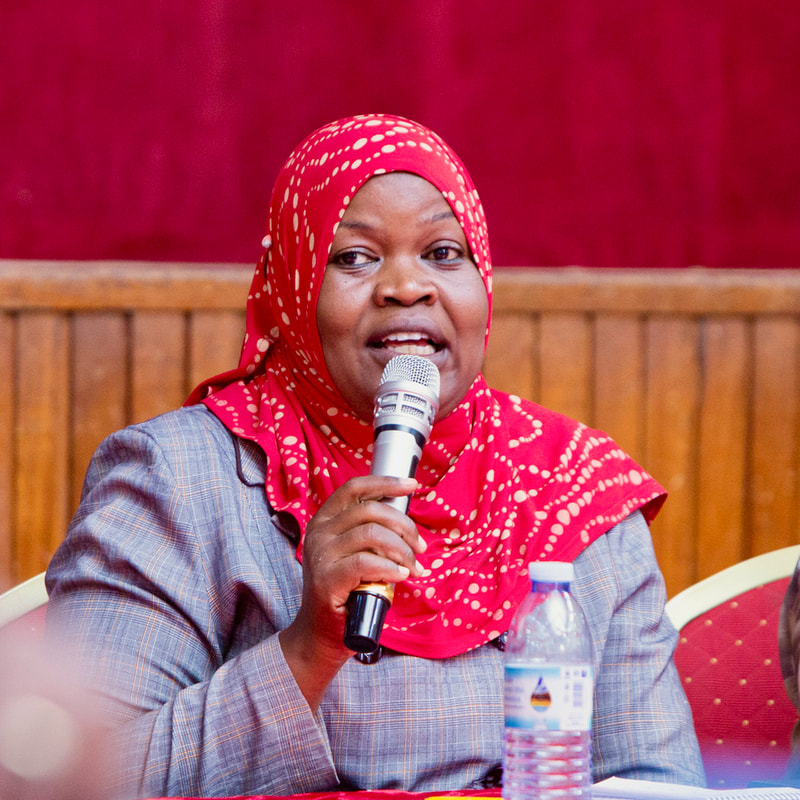
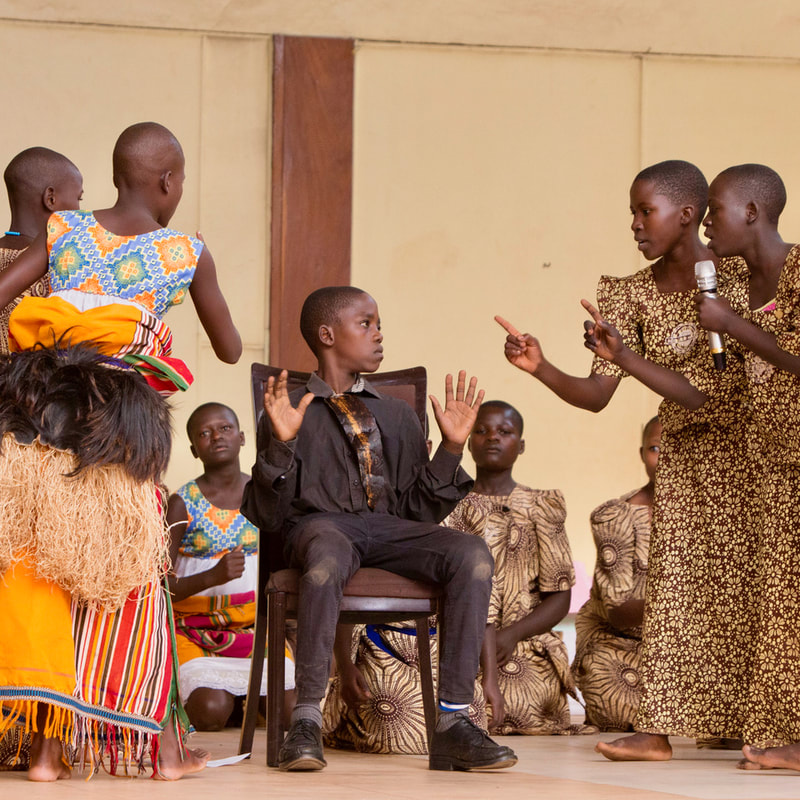
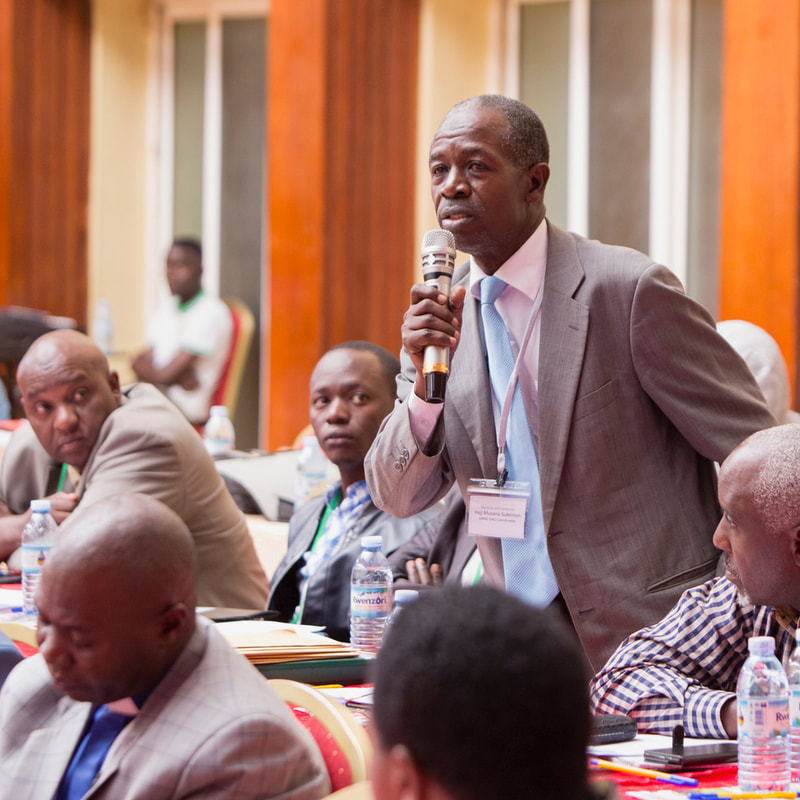
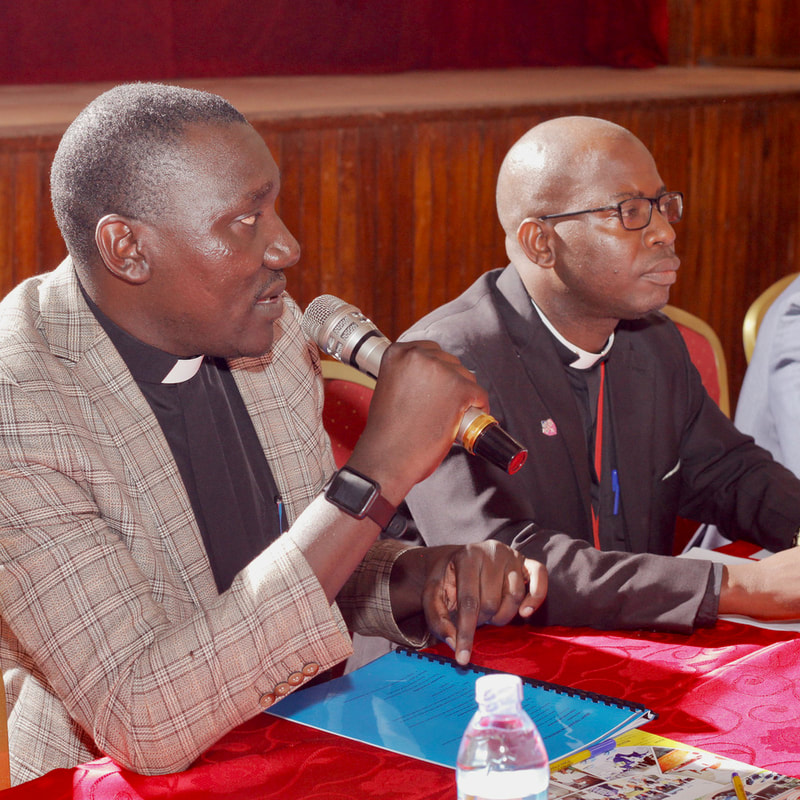
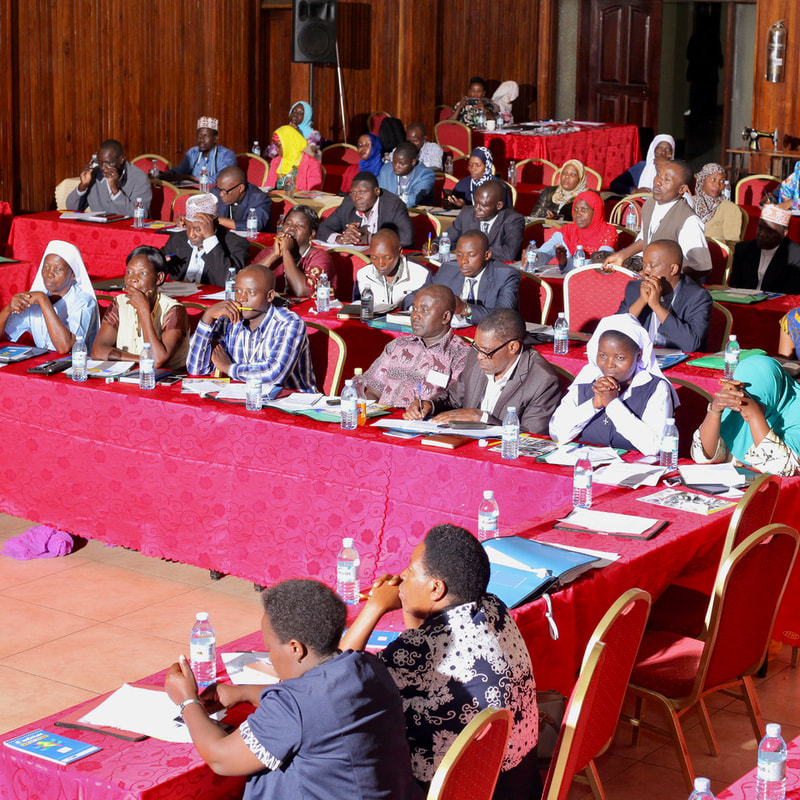
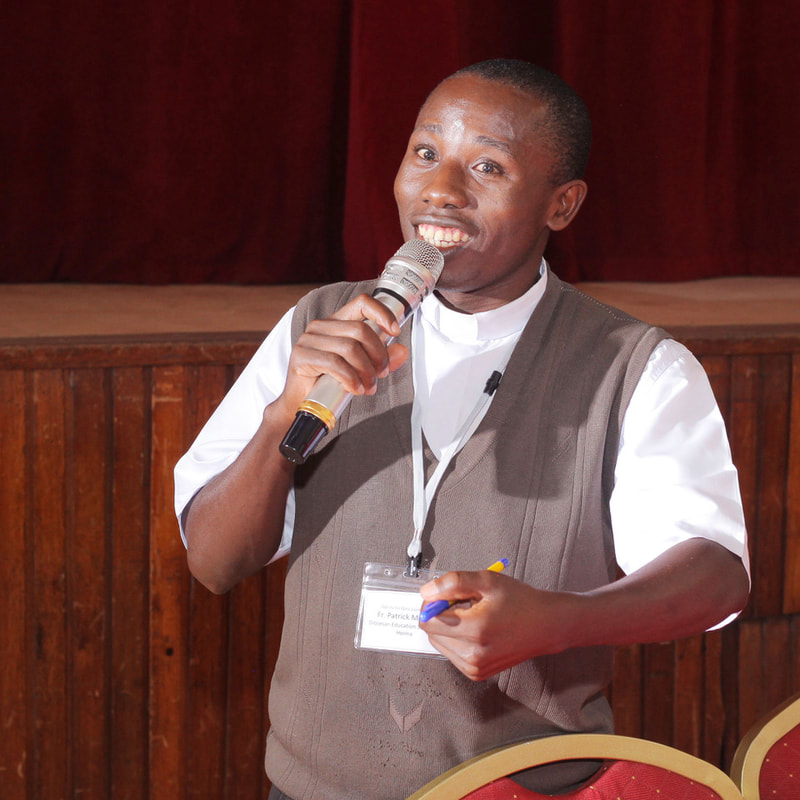
 RSS Feed
RSS Feed
